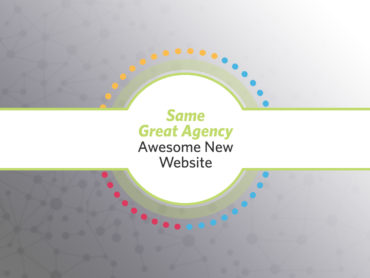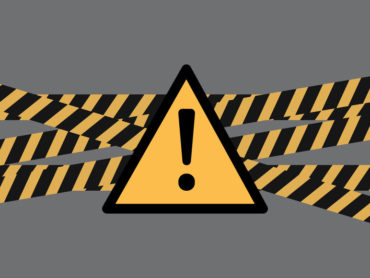Don’t Ask Me if Your Company Should be on Facebook
I wish I had a nickel for every time someone has asked me, “Do you think my company should be on Facebook?” This question is a close cousin to “How many page likes is good?”
These questions are akin to going in to a car dealership to buy a car and asking, “Do you think I should turn left the next time I get to a stop sign?” The answer to all three of those questions above, of course, is “It depends on where you want to go, and what’s the best way for you to get there!”
By now you’ve likely caught on that this isn’t a blog post knocking Facebook, but rather an appeal to determine what your strategy and desired outcomes are before launching into any marketing program. Because as good a platform as Facebook, for example, is for many companies and marketers, it can just as easily be a complete waste of time, resources and money for many others.
You see, social media – whether it be Facebook, Twitter, Instagram, Pinterest, LinkedIn, YouTube, or whatever! – might very well be a critically important tactic that you might use to realize the objectives you’ve set out to achieve. But they are just that: tactics. And tactics should always follow and flow from objectives and strategy in any sound marketing plan.
Without a clear and specific strategic plan, one that identifies the objectives to be achieved and the strategy you’ll use to make that happen, you can very easily revert to relying on something that may, in fact, do nothing for your bottom line – in this example, social media and related analytics taken in isolation. It’s for that reason that we at R&J have a very specific process that we go through in advance of recommending any communication tactic (and not just social media, but all tactics).
We first start with a deep dive discovery session, during which we identify all of the advantages, potential barriers to success, and other issues that can impact a marketing communications campaign, and work to gain insight in addition to understanding. From there we develop objectives and a forward-looking message platform that is focused on achieving those objectives. Strategy, and then, finally identification of the best and most effective tactics flow out of, and are informed by, the sound foundational work we’ve done first. And finally, reliable evaluation metrics must be a part of your process.
Without a doubt, clicks, likes and shares may very well be important measures of how well you are resonating with your audience. But (again on the flip side) they can just as easily be a gage of how well you are connecting with people who will never, under any circumstances, become your customers. Without defined objectives, how will you know?
Stephen Covey, author of “The 7 Habits of Highly Effective People” stresses starting with the end in mind – in this case, what is it that we want to accomplish with our marketing communications program? Most of the time it’s helping to move the needle, promoting sales and revenue growth in a defined sector for a specific product or service. Beginning with a clear vision of your desired direction and destination, and not focusing on trivial things like Facebook “likes” is the first and most important step toward making a difference in your marketing communications campaign.
If you want to find out more about putting first things first, and how it relates to our agency process, I suggest you check out my business partner Scott Marioni’s recent blog post.



















































































